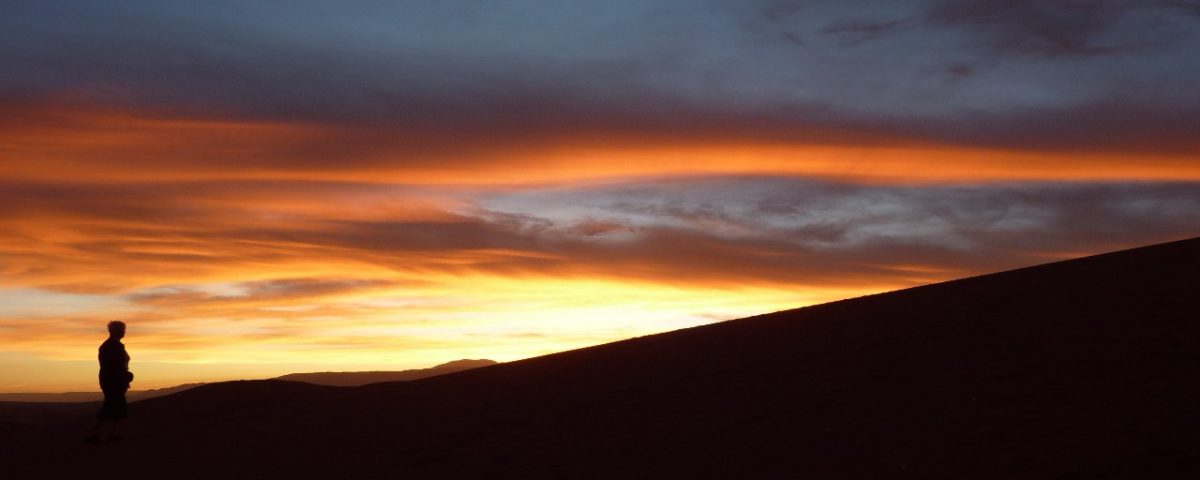What Is Adventure-Based Learning and How Does it Work?
What Is Adventure-Based Learning and How Does it Work?








Informal learning experiences give meaning, relevance, and context to the ideas discussed inside the classroom.
A great deal of what we learn comes from outside the classroom. Consider your career, or a hobby about which you are particularly passionate. While your formal education experience may very well have positioned you for success or introduced you to a particular area of interest, it’s likely that the skills most fundamental to your day-to-day life were acquired in real-world situations.
That’s not to say that in-classroom curriculum isn’t important, but there are some learning experiences that simply cannot take place within a traditional academic setting. To that end, the infusion of adventure experiences in Oliverian’s program takes students outside of their heads and into the great outdoors, where they meet familiar challenges with fresh eyes, develop a better awareness of self, and gain a deeper understanding of the world around them.
Into the Wild
Located in the middle of New Hampshire’s Presidential Mountain Range, Oliverian’s access to 1,800 acres of forests and farmland provides an unrivaled natural classroom for our students — one we’d be foolish not to take advantage of. Against this stimulating backdrop, students simultaneously engage in experiential and tactile games and challenges while exploring academic principles of science, math, and the humanities.
“Adventure classes help students learn to trust themselves to approach challenges, overcome them, and enjoy the process,” says Oliverian math and science teacher Kevin Watkins. “Bringing kids outside results in a visceral learning experience — one that complements what they’re doing in the classroom.”
Watkins also notes the importance of experiencing subject matter in a tactile way in order to increase engagement and recall. “If I was simply standing in front of the class lecturing about different phyla and classes of organisms, that would be very dry,” he says. “But if we’re outside collecting insects, catching fish, and watching a beaver chew down a tree, students can connect with the same content in a way that they might not have connected to a traditional in-classroom lesson.”
Passion Begets Engagement
Oliverian believes that a teacher’s passion should direct their instruction. To that end, we encourage our teachers to design their own curricula in a way that plays to their strengths, highlights their expertise, and engages students.
For Watkins, that means leading a Fishing and Stream Ecology course, during which students go fishing twice a week, chart the health of the fish with which they interact, and examine the overall health and sustainability of the surrounding environment.
“When you attract teachers who are really passionate, you don’t have to second-guess their commitment to doing their best work,” Watkins says. “That freedom affords and allows me to connect better with my students and be excited about what I’m teaching and how I’m teaching it, rather than the dotting of I’s and crossing of T’s that can happen in a lot of high school settings.”
Adventure learning experiences offer Oliverian students a powerful way to learn and grow academically, physically, and emotionally, and to develop tangible, real-world skills within a safe environment. By interacting with traditional subject matter in new ways, students are encouraged to develop an increased capacity for self-reflection and a broader contextual understanding of the world around them.
And did we mention it’s a lot of fun?
